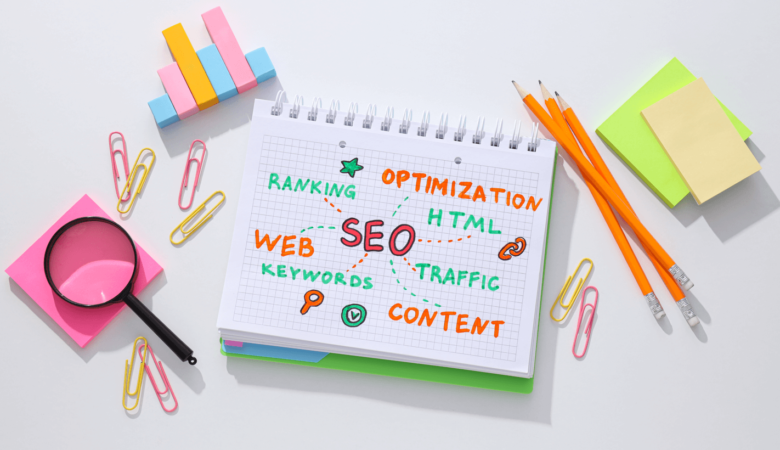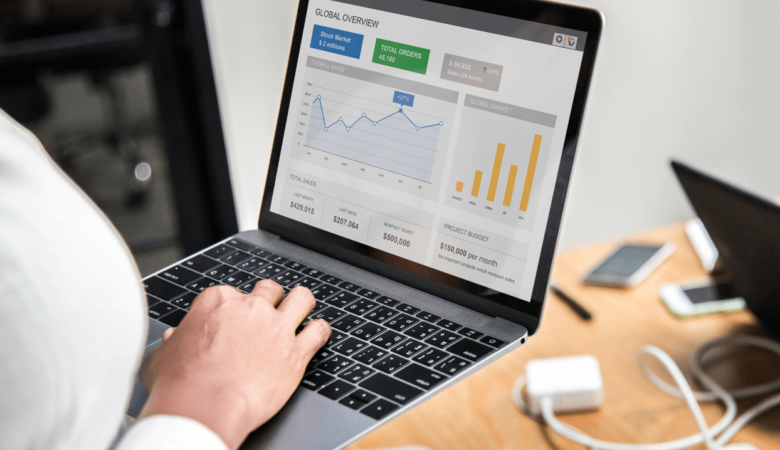Improving Your Backlink Score: Key Strategies to Build Domain Authority
Backlinks play a pivotal role in SEO, acting as endorsements from other websites and boosting your site’s authority in search engine rankings. Here are some essential strategies to strengthen your backlink profile and elevate your domain authority: 1. Create High-Quality Content That Others Want to Link To Quality content naturally attracts links from other sites. Focus on producing well-researched articles, infographics, case studies, and unique insights that others in your industry would find valuable and want to share. 2. Engage in Guest Blogging Guest blogging on reputable sites is a great way to secure backlinks while showcasing your expertise. Select blogs relevant to your industry, and ensure that the content you submit is valuable, original, and aligns with the host site’s audience. 3. Leverage Broken Link Building Identify broken links on relevant websites and offer your content as a replacement. Tools like Ahrefs or SEMrush can help locate these broken links, allowing you to contact the site owner with your suggested link. 4. Build Relationships with Industry Influencers Network with influencers and bloggers in your niche. A mention or backlink from them not only brings traffic but also adds credibility to your website. Attend industry events, webinars, and conferences to grow your network. 5. List Your Site in Relevant Directories Submit your website to reputable, industry-specific directories to gain quality backlinks. Avoid low-quality or spammy directories, as these could negatively impact your SEO. 6. Get Featured in News Articles and Press Releases Well-written press releases distributed to credible media outlets can lead to quality backlinks from authoritative news sites. Ensure that your press releases are newsworthy and relevant to increase the chances of being picked up. 7. Promote Your Content on Social Media Sharing your content on social platforms increases its visibility and can indirectly lead to more backlinks. When people engage with and share your content, it broadens your reach and improves your chances of being linked back to. 8. Monitor and Replicate Your Competitors’ Backlinks Analyzing your competitors’ backlinks helps you understand which sites are open to linking within your industry. Use tools like Moz or Ahrefs to view competitor backlinks and identify potential opportunities. 9. Utilize Resource Pages Resource pages are collections of links to valuable content on specific topics. Reach out to website owners who manage these pages and propose your content if it fits the criteria, which can result in high-authority links. 10. Maintain a Consistent Backlink-Building Effort Regularly audit your backlink profile to ensure that you maintain high-quality links while removing any that may harm your site. An ongoing backlink-building strategy will improve your site’s authority over time.










